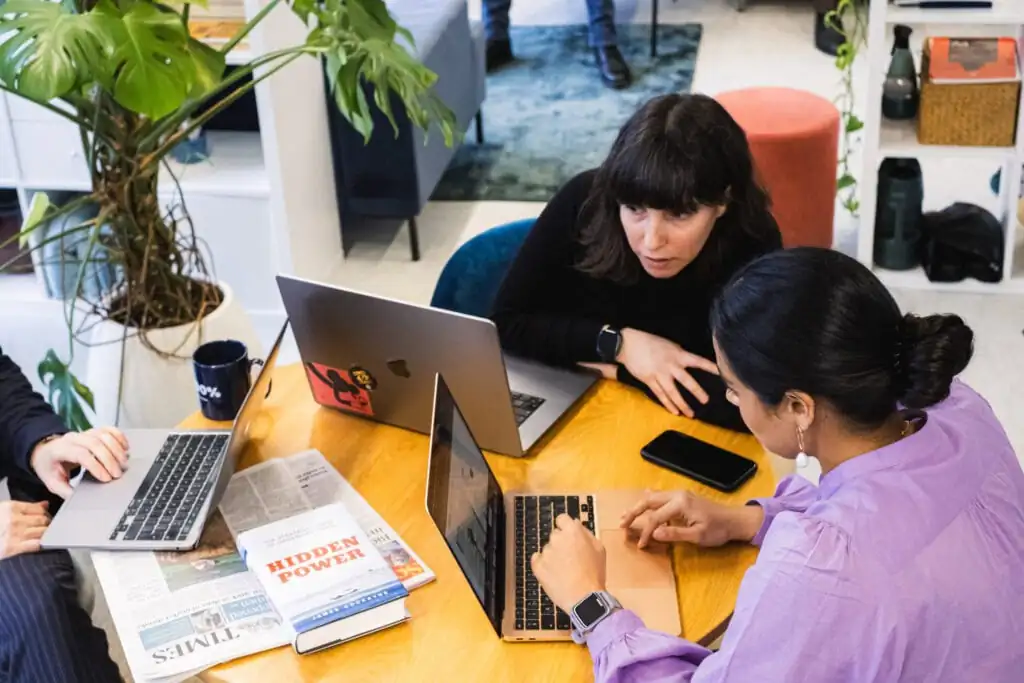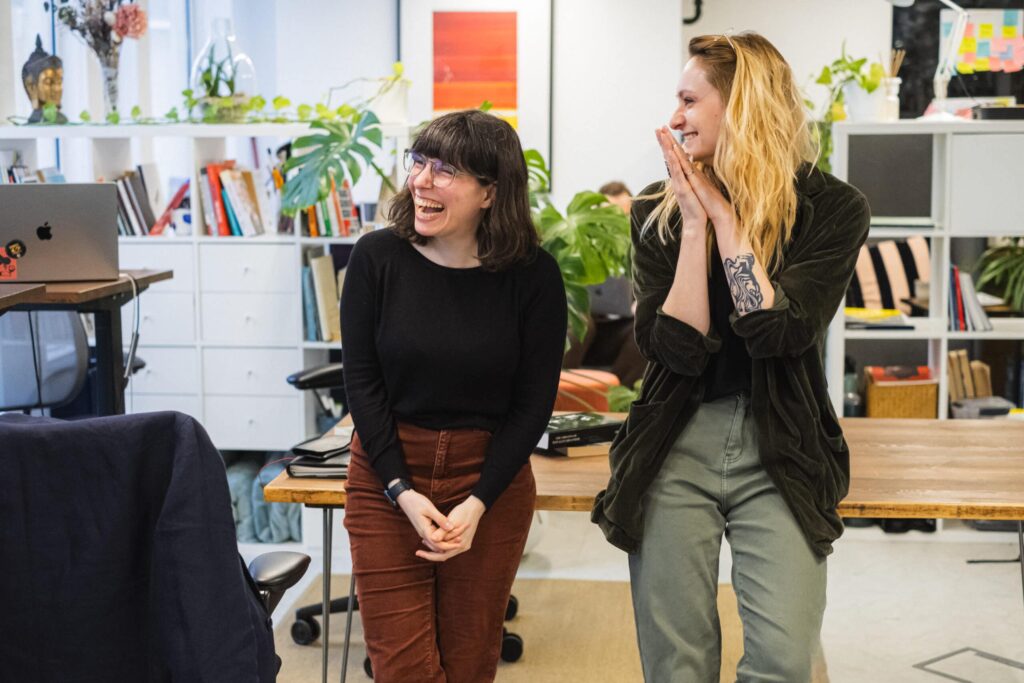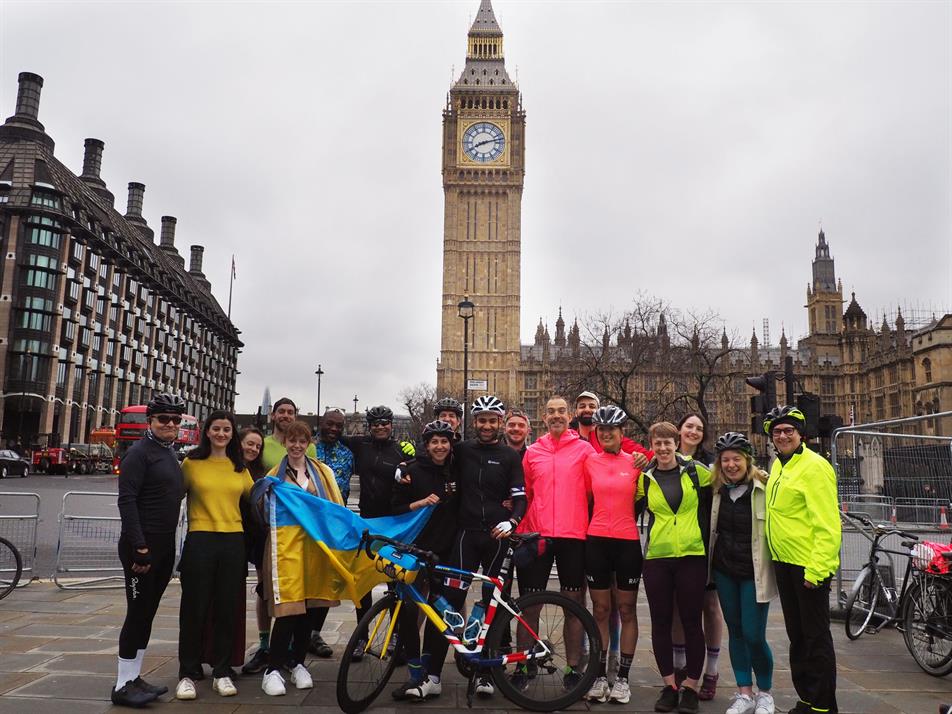Helping Britain understand Brexit
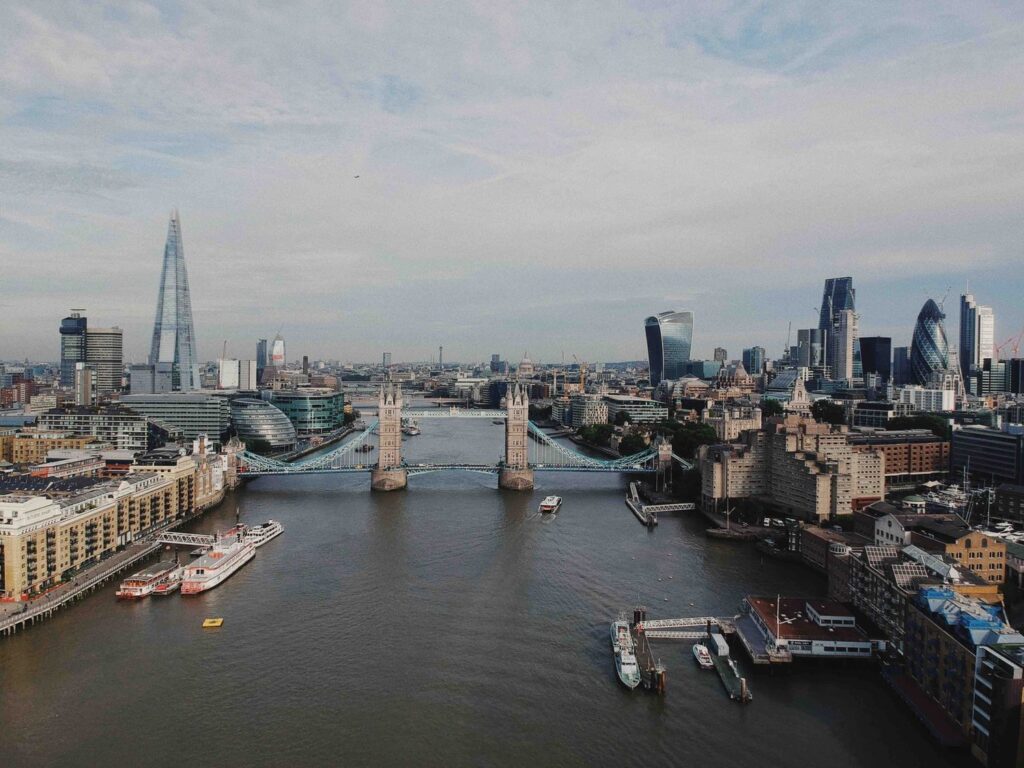
Britain’s withdrawal from the EU will involve a host of trade-offs, some benefiting certain segments of our society over others. Those negatively affected will want to know why those decisions were made. They deserve to. But this will not be easy to explain given the complexity of the negotiations at hand.
The Government will no doubt invest in a campaign to promote “The Deal” when the time comes. This will be light on detail. To hold them to account, I’d like to conceptualise and run “Explainer” campaigns on behalf of think tanks and campaign groups to help the public understand the pros and cons of the decisions that were made. The ground will be set for the extremes to manipulate public opinion if the public do not understand why compromises were made.
Both Brexit campaigns erred in their use of experts. I’d like to work on campaigns that are based on in-depth subject knowledge, without cheapening the experts whose expertise we count on.
Promoting the economic role of the Royal Navy
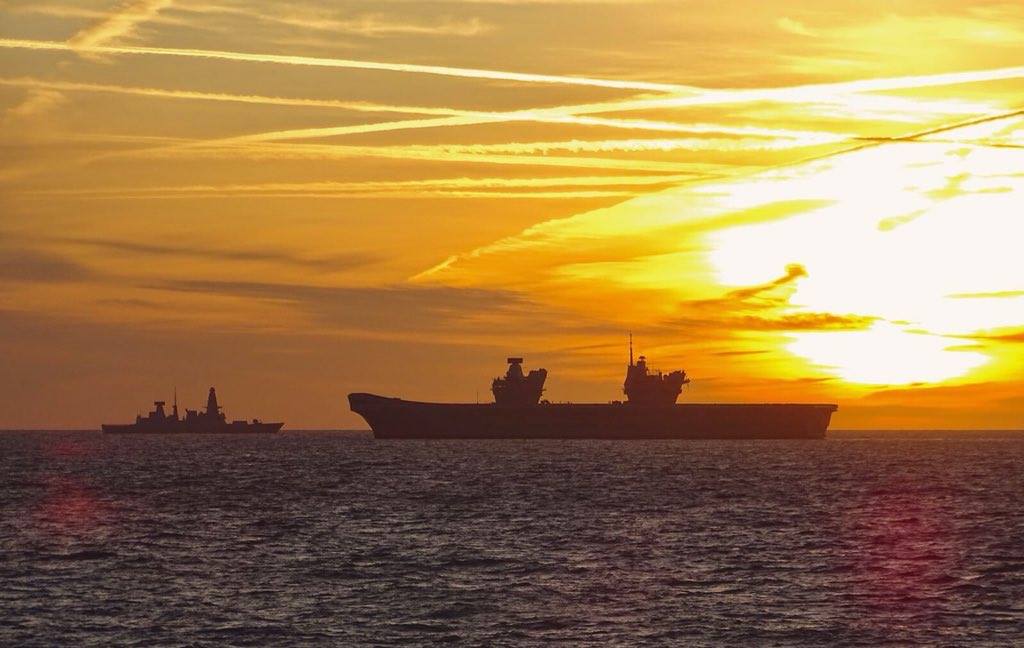
The Royal Navy performs a number of critical roles for the UK. Less well known is its role in supporting the UK’s economic prosperity – 95% of Britain’s economic activity depends on the oceans, and the Royal Navy performs a major role in protecting that trade.
Unfortunately, most people are unaware of this. The challenge is that most of the Navy’s business is conducted over the horizon. With a diminishing fleet, major engagement through port visits is decreasing. Since navies work in the long term strategic interest, the public and governments do not see an immediate result from investment as compared to jets, tanks, and troops.
With public awareness of the Royal Navy at it’s lowest that it has ever been, this has reduced its influence on defence policy, and its ability to command an adequate budget to perform its many roles.
I would like to be involved in a campaign that communicates the role of the sea in global economics and how it affects UK citizens. With fewer opportunities for set-piece events, the role of digital storytelling, virtual experiences and the like is crucial.
A transformation programme for a think-tank
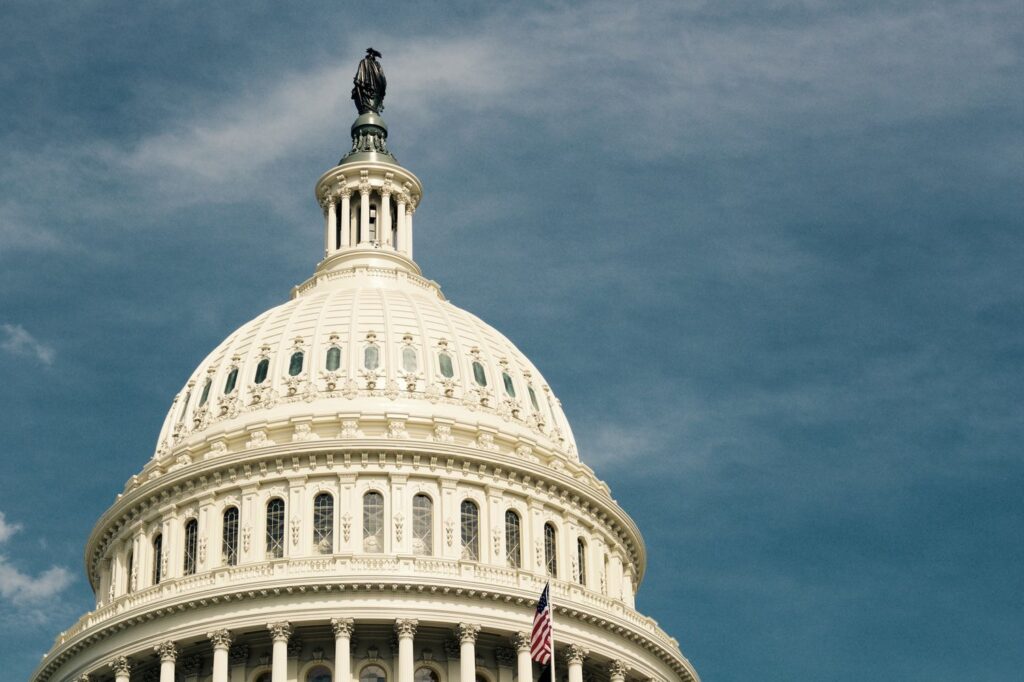
“There is always an easy solution to every human problem–neat, plausible, and wrong.” – H. L. Mencken (1917)
I first heard this quote about 12 years ago and haven’t been able to get it out of my head since. It is more relevant now than ever.
Think-tanks are great at formulating complex ideas to address society’s complex challenges. However they are far behind NGOs, charities and campaigning groups in terms of breaking complexity down and making their policy ideas resonate with a public audience.
I would love to engage on a transformation programme with a think-tank committed to redefining the purpose of think-tanks and the way they communicate. The approach would include: mirroring NGO/charities’ ability to make the connection between policy and the human experience; learning from Breitbart’s approach to long-term planning ad storyboarding; taking inspiration from online policy influencers’ approach to content design; and even better, partnering to co-create content.



